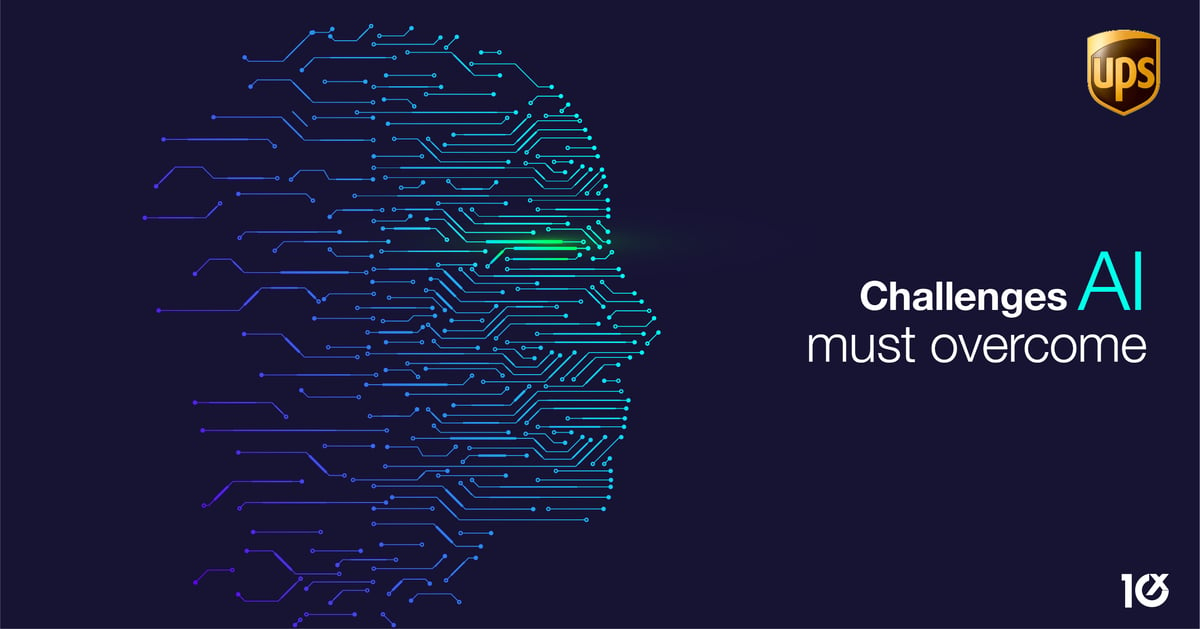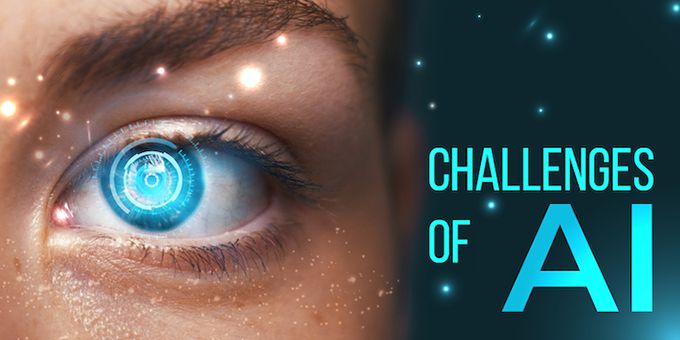The Future of AI in National Defense: Opportunities and Challenges

Artificial Intelligence (AI) is rapidly revolutionizing various sectors, and national defense is no exception. AI has the potential to transform the way armed forces operate, from intelligence gathering and analysis to mission planning and combat operations. However, there are also challenges associated with the integration of AI into defense systems.

Opportunities:

- Enhanced situational awareness: AI-powered sensors can provide real-time information on enemy positions, troop movements, and potential threats. This enables commanders to make informed decisions quickly and respond more effectively to changing battlefield conditions.
- Predictive analytics: AI algorithms can analyze vast amounts of data to identify patterns and predict future events. This can help defense planners anticipate threats, allocate resources strategically, and optimize defense systems.
- Autonomous systems: AI-enabled unmanned vehicles and aircraft can perform dangerous or repetitive tasks, freeing up human personnel for more complex operations. This can reduce the risk of casualties and increase operational efficiency.
- Cybersecurity enhancement: AI can be used to detect and respond to cyberattacks in real time. It can also identify vulnerabilities and recommend security measures to protect defense networks and systems.
Challenges:
- Ethical concerns: The use of AI in national defense raises ethical concerns about the potential for autonomous weapons, the use of AI to target individuals, and the potential for bias in decision-making algorithms.
- Cost and complexity: Developing and integrating AI into defense systems can be costly and complex. Governments need to make significant investments in research and development to harness the benefits of AI.
- Interoperability and standardization: AI systems from different vendors may not be interoperable, posing challenges for collaboration and coordination between different defense units. Establishing standards is crucial to ensure seamless integration.
- Human-machine collaboration: AI systems should complement human capabilities rather than replace them. It is essential to develop effective human-machine interfaces and ensure that AI systems are understandable and controllable by military personnel.
In conclusion, AI offers significant opportunities to enhance national defense capabilities. However, it also presents challenges that need to be carefully addressed. Balancing the ethical, cost, and technological considerations is crucial to harness the full potential of AI in national defense while mitigating potential risks.## The Future of AI in National Defense: Opportunities and Challenges
Executive Summary
The integration of AI into national defense strategies has emerged as a transformative force, holding immense potential to revolutionize military operations and enhance national security. This article examines the opportunities and challenges associated with the adoption of AI in the defense sector, exploring its impact on various aspects of military capabilities and strategic planning. By understanding the potential benefits and risks, policymakers and military leaders can harness the power of AI to advance national defense.
Introduction
Artificial Intelligence (AI) has rapidly emerged as a game-changer in diverse industries, and the national defense sector is no exception. The incorporation of AI into military systems offers unprecedented opportunities to enhance situational awareness, optimize decision-making, and augment the capabilities of soldiers and equipment. However, the adoption of AI in national defense also poses significant challenges, including ethical concerns, data privacy issues, and potential vulnerabilities to adversaries. As such, a comprehensive understanding of the future of AI in national defense is crucial for informed strategic planning and the development of robust AI-based defense systems.
FAQs
- How will AI transform military operations?
- What are the ethical implications of AI in national defense?
- How can we mitigate the potential risks associated with AI in the defense sector?
Subtopics
1. Enhanced Situational Awareness
- Real-time data analysis: AI algorithms can process vast amounts of data from sensors, satellites, and other sources to provide real-time situational awareness, enabling commanders to make informed decisions based on up-to-date information.
- Predictive analytics: AI can analyze historical data to identify patterns and predict future events, allowing defense planners to anticipate threats and prepare accordingly.
- Threat detection: AI-powered systems can detect and classify potential threats, such as enemy movements or cyber attacks, with greater accuracy and speed than human analysts.
2. Optimized Decision-Making
- War simulations: AI can conduct detailed war simulations to test different strategic options and evaluate their potential outcomes, assisting decision-makers in choosing the best course of action.
- Resource allocation: AI can analyze data on resource availability, logistics, and mission requirements to optimize resource allocation, ensuring that critical assets are deployed effectively.
- Risk assessment: AI algorithms can assess the risks associated with different decisions, providing defense planners with a comprehensive understanding of potential vulnerabilities and identifying areas for mitigation.
3. Augmented Soldier Capabilities
- Exoskeletons and prosthetics: AI-powered exoskeletons and prosthetics can enhance the physical capabilities of soldiers, enabling them to carry heavier loads, withstand extreme environments, and perform complex tasks more effectively.
- Cognitive assistance: AI-based systems can provide soldiers with real-time guidance, target identification, and decision support, enhancing their situational awareness and reducing cognitive load.
- Medical monitoring: AI can monitor soldiers’ health and performance in real-time, detecting potential injuries or illnesses and providing timely medical interventions.
4. Advanced Cyber Defense
- Network security: AI can detect and respond to cyber attacks in real-time, protecting military networks from unauthorized access and data breaches.
- Malware detection: AI-powered systems can analyze network traffic and identify malicious software, preventing it from infecting critical systems and compromising national security.
- Vulnerability assessment: AI can identify and assess vulnerabilities in defense systems, helping organizations prioritize security measures and mitigate potential threats.
5. Autonomous Systems
- Unmanned aerial vehicles (UAVs): AI-powered UAVs can perform surveillance, reconnaissance, and strike missions autonomously, reducing the risk to human pilots and extending the reach of military operations.
- Unmanned ground vehicles (UGVs): AI-enabled UGVs can transport supplies, conduct reconnaissance, and engage in combat operations, providing valuable support to ground forces.
- Autonomous weapons systems: AI can control weapons systems autonomously, raising ethical concerns about the use of lethal force without human intervention.
Conclusion
The future of AI in national defense holds immense promise and presents significant challenges. By embracing the opportunities and mitigating the risks, nations can harness the power of AI to enhance their national security, improve military capabilities, and maintain a competitive edge in the evolving landscape of warfare. However, it is imperative to proceed with caution, ensuring that ethical considerations, data privacy, and the potential for unintended consequences are carefully addressed. Through transparent and responsible development, AI can become an invaluable tool for protecting national interests and promoting global stability.
Relevant Keyword Tags
- AI in National Defense
- Enhanced Situational Awareness
- Optimized Decision-Making
- Augmented Soldier Capabilities
- Advanced Cyber Defense
